Author: Lynda Benigno
When we are born, we have two fears, the fear of falling and the fear of loud noises. Some fears are primal and keep us safe; the rest is a result of the culture we grow up in and the conditioning we experience as children. Primal fear served an evolutionary purpose, keeping humans alert from predators and animals that posed a threat. In today's world, primal fear takes the form of making enough money to live comfortably and keeping our homes safe from potential intruders. In small doses, fear can motivate us to meet deadlines, personal goals or prevent us from doing something dangerous such as driving after drinking. Too much fear can rob you of joy and become debilitating.
If you have chronic fear, the world can look like a scary place, and your memories will confirm your fearful experience. Fearful messages are everywhere. Watch the news; every other story contains a message of fear. Chronic fear can interrupt brain functions that regulate emotion, non-verbal cues, and the ability to reflect before acting and behave ethically. The long term stress you experience with chronic fear kills the brain cells in your hippocampus leading to deterioration of memory and short circuits the response paths creating constant feelings of anxiety. You will experience fatigue, depression, accelerated aging and you are at risk for premature death.
Decisions made based on fear are rarely good ones. In a fearful state, the choice is being made based on emotions, when our feelings take over we discard logic and facts. Instead of making a confident decision that will lead to growth we experience regrets or a lot of what if's. Low confidence in your decision leads to more fear, and it becomes a vicious cycle.
Instead of getting caught up in your fears and emotions, make decisions based on what you want instead of what makes you feel fearful. Ask yourself if the choice you are about to make will bring you happiness. Gather all of the facts and information, so you are making an informed decision. Trust your past personal experiences, perhaps the last time you made the right decision you experienced an excited flutter in your stomach, and you just knew it was the right thing to do. A bad decision may have led to a stomach ache or knot in your throat. Your body often gives you clues as to what is right for you, take the time to listen. If you have difficulty making decisions or letting go of your fears, especially if it interferes with your daily life, talking to a therapist may be right for you.
The opinions expressed in this article are of the author and not intended to diagnose, treat or cure any mental or physical condition. If you are struggling, please contact your healthcare provider, the National Suicide Prevention Hotline at 1-800-273-8255 or the Stepping Stone Community Services at 330-577-4099.



